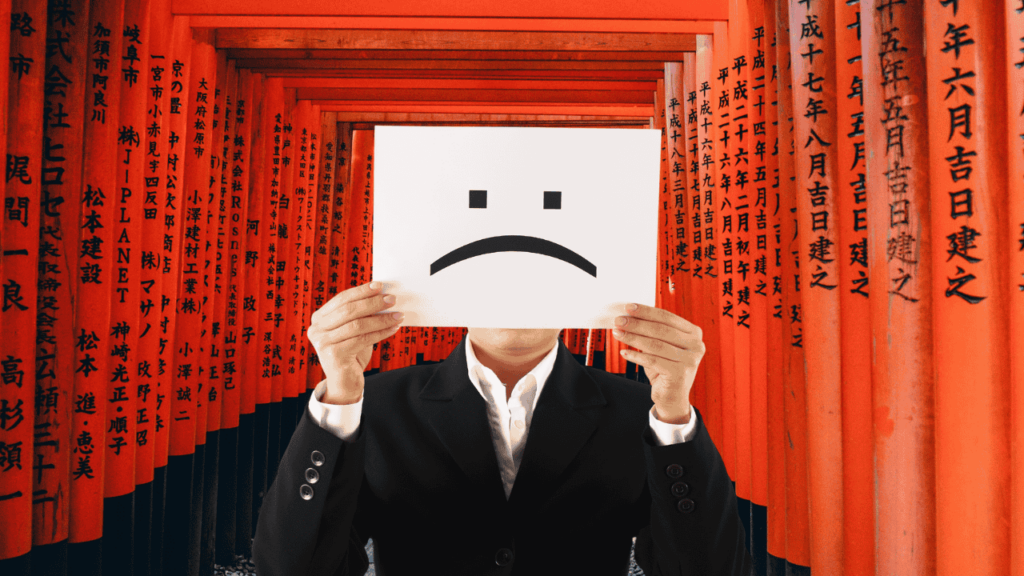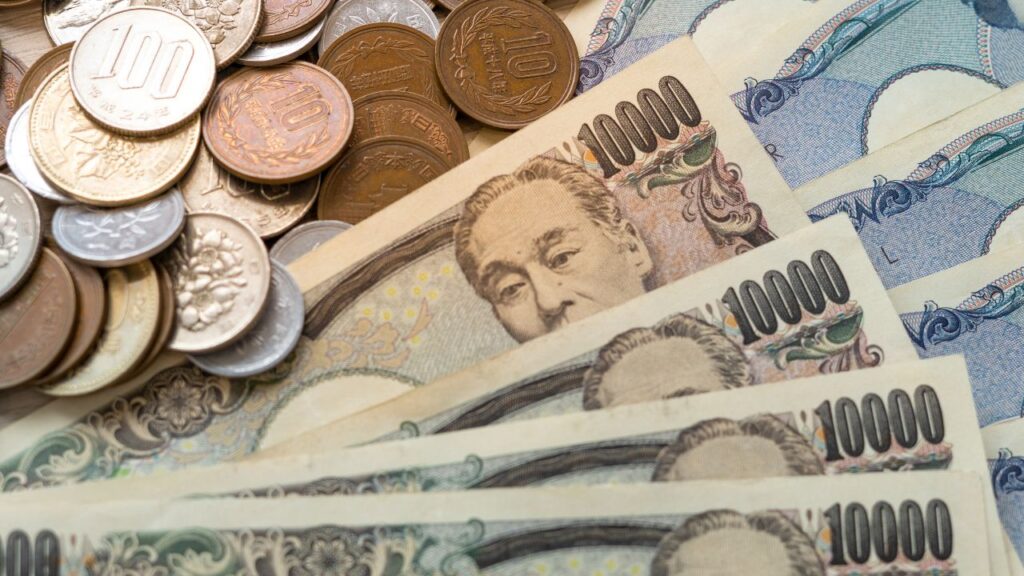Survey reveals Japan is world’s most unhappy nation

Japan has ranked last in a survey that sought to identify current satisfaction and future expectation levels of populations globally.
In a global survey by market research and public opinion specialists Ipsos, Japan has been identified as possessing the lowest levels of both current satisfaction with, and future expectations regarding, “quality of life.”
Ipsos are a prominent public opinion polling organization headquartered in France, and the survey targeted a total of thirty countries across various regions of the world, including Japan.

Ipsos administered an online survey centered on the subject of happiness between December 2024 and January 2025, soliciting responses from a total of 23,765 individuals residing across the thirty countries, which spanned Europe, the United States, Asia, and other regions.
Within this global sample, approximately 2,000 individuals were residents of Japan.
When Japanese respondents were queried about their personal sense of happiness, they were provided the option to select from four distinct categories:
- 1 – Very happy
- 2 – Rather happy
- 3 – Not very happy
- 4 – Not happy at all
Only 60% of the respondents in Japan selected either 1 or 2, indicating that a larger proportion of Japanese residents are either not happy currently, or aren’t particularly optimistic about the future.
This placed Japan at the 27th rank among the thirty surveyed countries, significantly below the overall average of 71%.

While this figure represents a modest three-percentage-point increase from the preceding survey (57%) published in 2024, it also signifies a notable ten-percentage-point decrease from the initial survey conducted in 2011 (70%), showing that over the last 14 years, happiness levels in Japan appear to have decreased.

Among the surveyed nations, India reported the highest level of happiness (88%), followed by the Netherlands (86%) and Mexico (82%).
Conversely, Hungary exhibited the lowest level of happiness (45%), preceded by Turkey (49%) and South Korea (50%).
An examination into the factors contributing to the comparatively low levels of happiness in Japan revealed that when Japanese respondents who indicated they were not happy were asked to identify the primary reasons for their unhappiness, the most frequently cited factor was “economic situation,” with 64% of respondents selecting this option.

This percentage was considerably higher than the next most common response, “feeling that my life has meaning” (27%).
In contrast, the most frequently cited reason for feeling happy among Japanese respondents was “relationships with family” (41.1%), closely followed by “feeling appreciated/loved” (41.0%).
A particularly distinctive finding for Japan was the notably low level of satisfaction expressed regarding “quality of life.”
The percentage of Japanese respondents who indicated that “the quality of my current life is very high” was the lowest among all thirty countries, registering at a mere 13%.
This figure was less than half the average of 42% and was significantly lower than the next lowest responses, reported by Hungary (22%) and South Korea (24%).
Expectations for future improvements in quality of life were also notably low in Japan.
Only 15% of Japanese respondents expressed the belief that “overall quality of life will be much better in five years’ time than it is now,” ranking lowest among the thirty countries.

In contrast, the highest levels of optimism regarding future quality of life were observed in Colombia (79%), India (78%), Argentina (76%), Indonesia (76%), and Mexico (76%).
Regarding Japan’s low overall happiness levels, Uchida Shunichi, the president of Ipsos Japan, offered the observation that “Feelings of economic hardship appear to have a major impact on happiness. Meanwhile, the number one factor in feeling happy is ‘relationships with family,’ so if values such as good relationships with close friends, gratitude and love were to spread, the happiness levels of Japanese people could also improve.”
Source: Mainichi
This post may contain affiliate links, and Essential Japan may earn a commission if you purchase through them.






